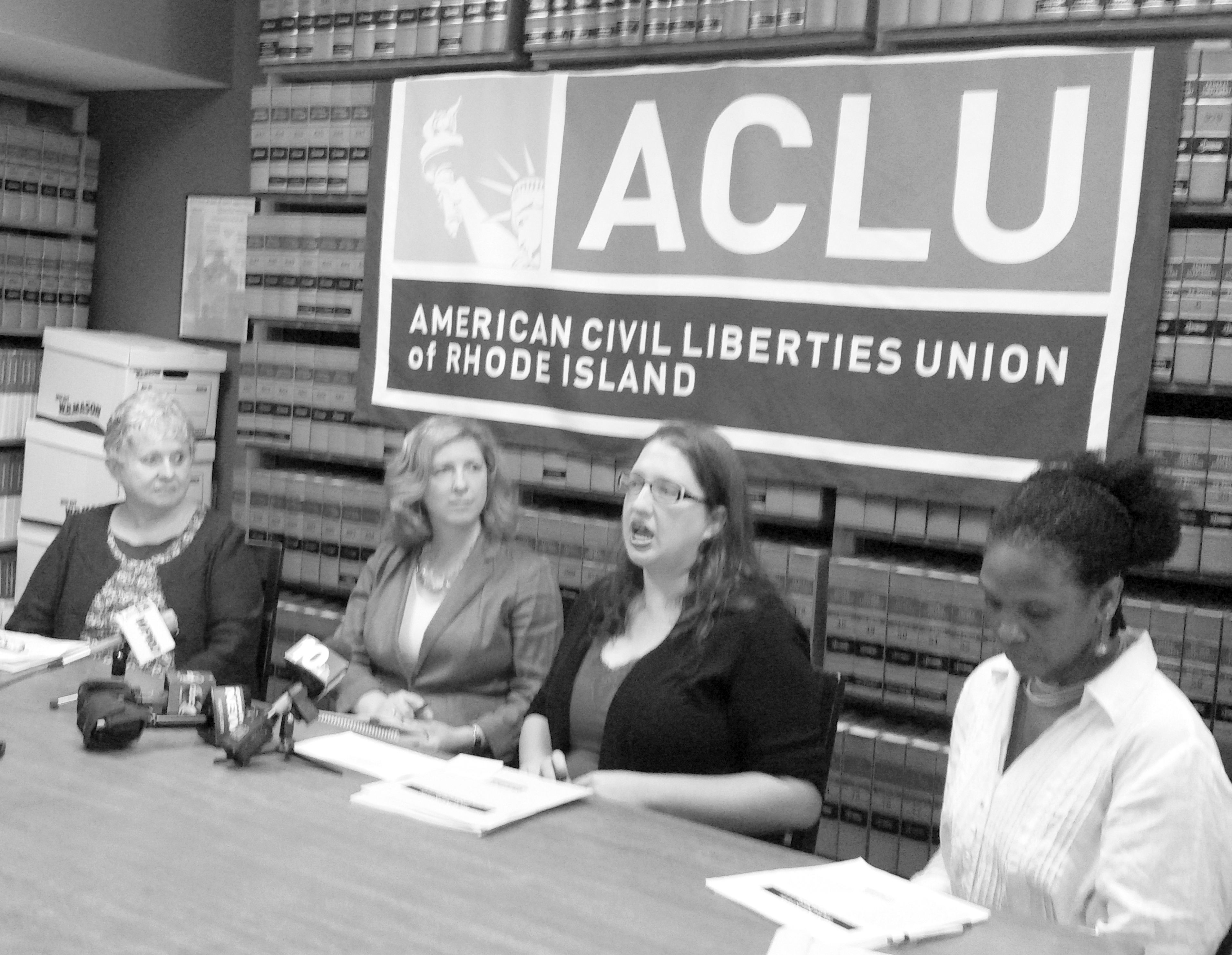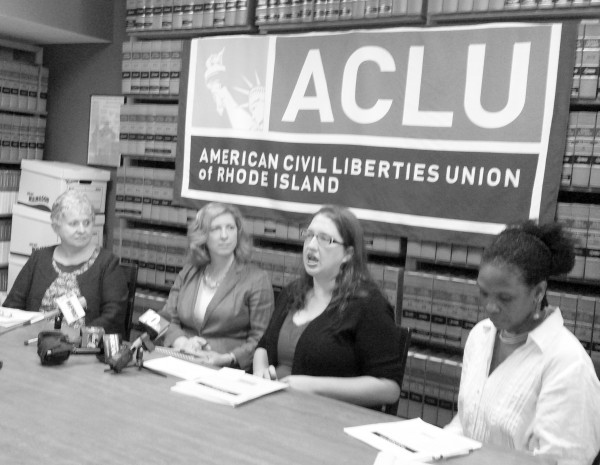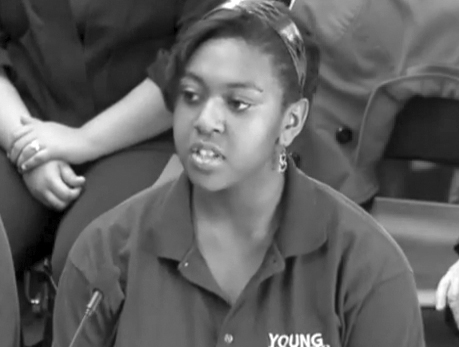 Citing widespread confusion about the potential use of PARCC exam results in a punitive manner against students in the near future, a coalition of organizations has filed an open records request with every school district in the state to obtain information about any plans they have to use the test for grading or graduation purposes before 2021.
Citing widespread confusion about the potential use of PARCC exam results in a punitive manner against students in the near future, a coalition of organizations has filed an open records request with every school district in the state to obtain information about any plans they have to use the test for grading or graduation purposes before 2021.
In various public comments, state Commissioner of Education Ken Wagner has indicated that, in order to provide time for schools to give students necessary support services, he does not believe schools should use PARCC as a high stakes test determining a student’s graduation eligibility until 2021. However, he has refused to revise current R.I. Department of Education policies that give school districts the power to incorporate PARCC scores into students’ grades and to use the test as a high stakes graduation requirement as early as next year. This month, for example, notwithstanding the Commissioner’s comments, Cranston parents were advised that PARCC scores would be a graduation requirement for the Class of 2020.
The confusion and mixed messages are generating anxiety among some parents and students similar to what occurred with PARCC’s predecessor, the NECAP. Today’s open records requests to school districts – filed by the ACLU of Rhode Island with the support of more than a half-dozen other organizations – are designed to determine which school districts have discussed using PARCC before 2021 as a graduation requirement or a grading tool, and to publicize the information to parents who may be perplexed by the conflicting messages being sent by RIDE and who wish to object to the premature use of the test results in such a manner.
Cranston parent and Parents Across RI (PARI) Advisory Committee member Debbie Flitman said today: “RIDE officials are misleading parents and students about the use of the PARCC assessments as a graduation requirement. I recently attended a meeting where RIDE officials told participants that PARCC testing is not a graduation requirement for the classes of 2016-2020. Based on this information, I was under the impression that this was a statewide directive. Confusion set in when I attended a Class of 2020 Orientation at Cranston High School West, where students and parents were told PARCC testing is a graduation requirement. When I pushed officials further, I learned that RIDE regulations allow school districts to use PARCC testing as a graduation requirement if they so choose. Why isn’t RIDE being upfront with this information at their meetings?”
Rick Richards, a former employee in the Department of Education’s office of testing, stated: “With school districts free to use or not use PARCC results to punish students, it will matter more than ever where you live. This approach has the potential of deepening disadvantages already embedded in the state’s educational system.”
ACLU of RI executive director Steven Brown said: “It is unfortunate that RIDE is giving school districts open-ended authority to use PARCC results so soon without any need to demonstrate that they have provided necessary support services to the students who will be adversely affected. This is very poor public policy and an abdication of responsibility on RIDE’s part. It is particularly unfortunate that we, rather than RIDE, must find out exactly what is going on across the state.”
Tracy Ramos from Parents Across RI, said: “Parents and students deserve clear information about the use of PARCC tests. The Commissioner’s recent comments indicate that schools shouldn’t be focused on test scores. This request will help clarify for parents what’s really happening in our districts.”
Under the Access to Public Records Act, school districts have 10 business days to respond to the request. The organizations joining the ACLU in support of the request for the documents included RITELL, Young Voices, Providence Student Union, RI Disability Law Center, Coalition to Defend Public Education, Parents Across RI, Youth Pride Inc, Tides Family Services.
A copy of the open records request is available here: http://riaclu.org/images/uploads/PARCC_Open_Records_Request_022416.pdf


 The reported today that racial disparities in suspensions at Rhode Island’s schools had “reached their highest rates in a decade last year,” according to new report from the
The reported today that racial disparities in suspensions at Rhode Island’s schools had “reached their highest rates in a decade last year,” according to new report from the 

